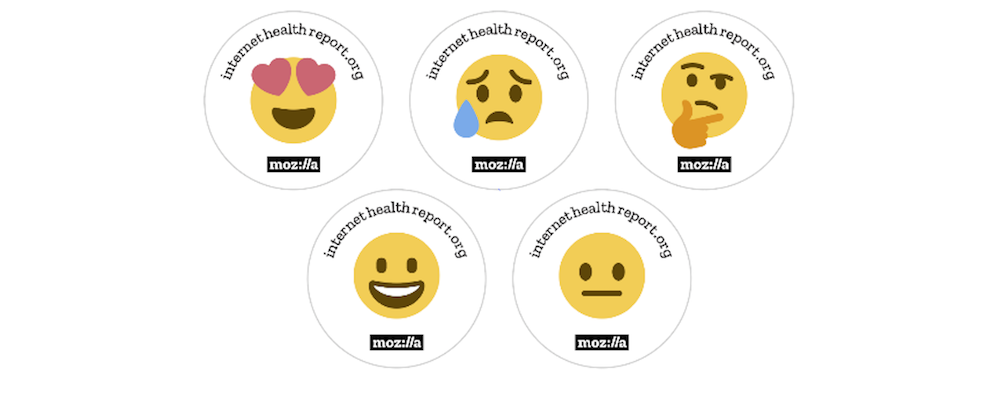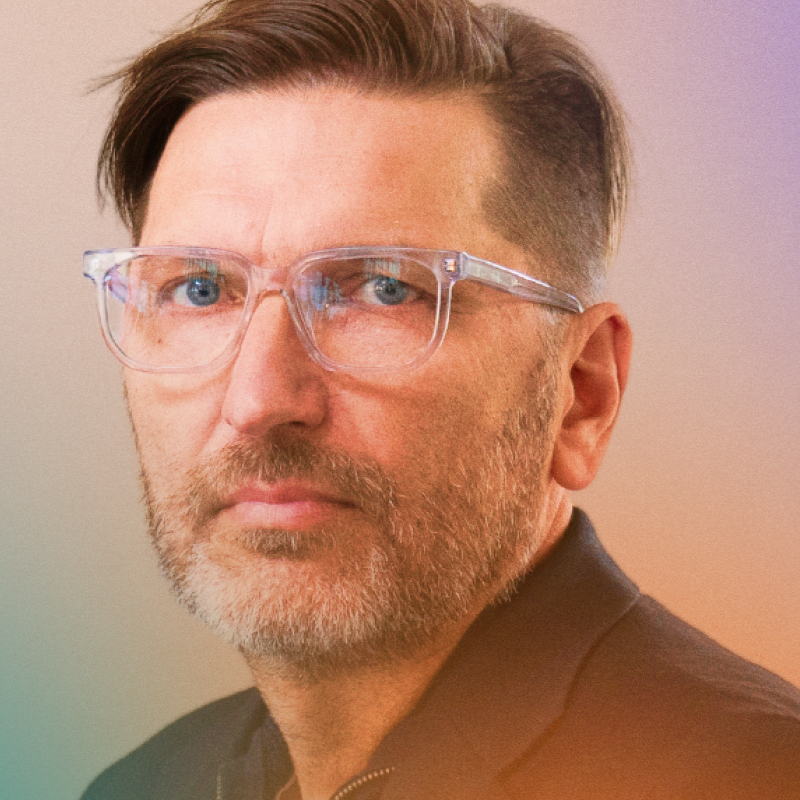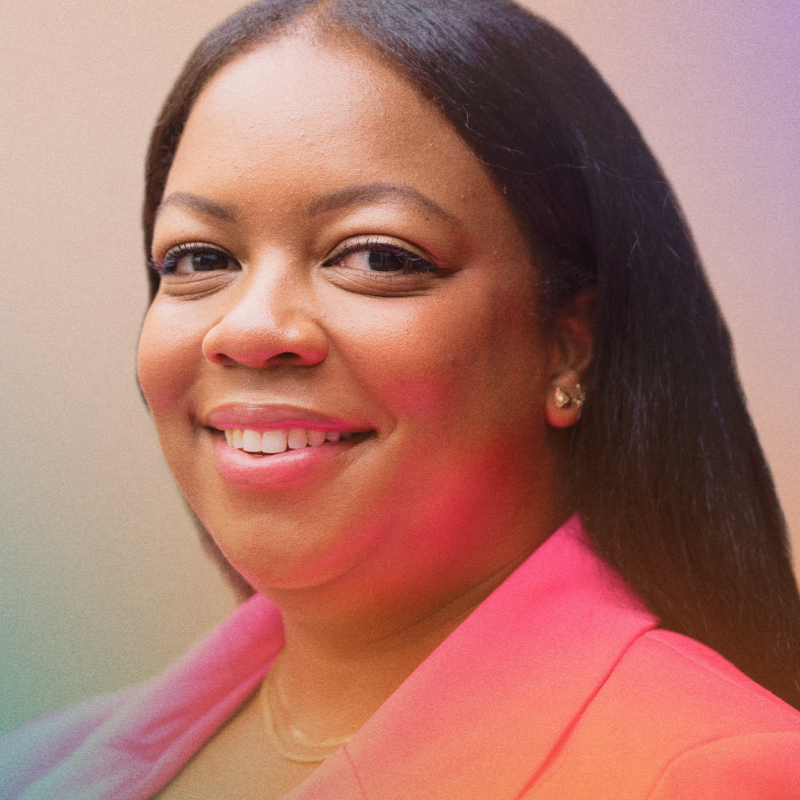What does a healthy Internet look like? And how can we all do our part to ensure it gets healthier from year to year?
In January, Mozilla launched a prototype (v. 0.1) for an open source report that documents and explains Internet health. We call it The Internet Health Report, and it pulls together research and data from different sources with a description of what is healthy and unhealthy across five issues: decentralization, privacy and security, openness, Web literacy and digital inclusion.
The Internet Health Report stands as an open invitation for everyone to engage with us and each other on how to define what is healthy and what should happen to make the Internet healthier.
We invited readers to share their thoughts and reactions to v 0.1 through comments and annotations on the website, a feedback form and via email. We received over 400 comments and emails, and have also heard feedback in person at international meetings attended by researchers and allies.
I’d like to share some of the key feedback we received on our prototype, and explain what opportunities there will be to get involved in the next version of the report.
Nearly everyone has been positive about the concept and goal of the initiative.
- You want us to offer more advice for what people can do to make the Internet healthier
- You think the “prognosis” section of each issue is unclear
- You wish it were called something other than a “report”
- You think we should try scenario planning analysis
You’re curious for more insights on:
- Physical Internet infrastructure and ownership
- How online data travels between countries
- Minority languages and writing systems
- Online crime and censorship
- Statistics about pornography
- Counts of malware and hacked devices
- Digital inequality between women and men
Quite a number of people were provoked by the fact that we highlight the dominance of English and the lack of language diversity on the Web as something negative. Even if not everyone agrees, it’s clear from the feedback that we need to explain better why languages matter and why these discrepancies exist.
And finally…
- Not everyone loves our blue and yellow color scheme
- You are disappointed that our website falls short of accessibility guidelines
- You want more/different/better maps
- You want RSS feeds, not just email
We hear you! We’re continuing to process all comments and input (in all languages) and are weighing every piece of feedback as we work towards the next version of the report.
What are the next steps?
We launched the prototype with fanfare and earned media coverage in more than 120 publications worldwide. More than half a million people visited the report website in the first month.
Since then, we have shared the report directly with allies and have begun to identify who will be invited as research partners and collaborators in the writing process for the next report.
Our immediate next steps will be to:
- Select indicators for the 2018 Internet Health Report, with your input. We will begin an open online consultation process soon.
- Launch a new project website that will be the home for all updates about the project, occasional feature stories, and future reports.
- Work towards version 1.0 of the report, which will be released in the first quarter of 2018 so we can incorporate 2017 research from sources that follow an annual end-of-year cycle.
How can I get involved?
We encourage you to send us your ideas about Internet health, as well as what you wish to see in the report. Fill out the feedback form or send us an email. We love to receive tips of exciting research about the Internet! If you want to follow the process more closely, you can subscribe to the newsletter on our website.
You can also support the initiative by speaking out publicly about “Internet health”. Perhaps the concept is useful in your own community? Our ambition is that the term may one day be as common as “global warming” is for the environment. We all need to talk more for that to happen!
Thanks to everyone who took the time to send us ideas and feedback, and to everyone who continues to engage with us on how to document and explain the health of the entire Internet!



